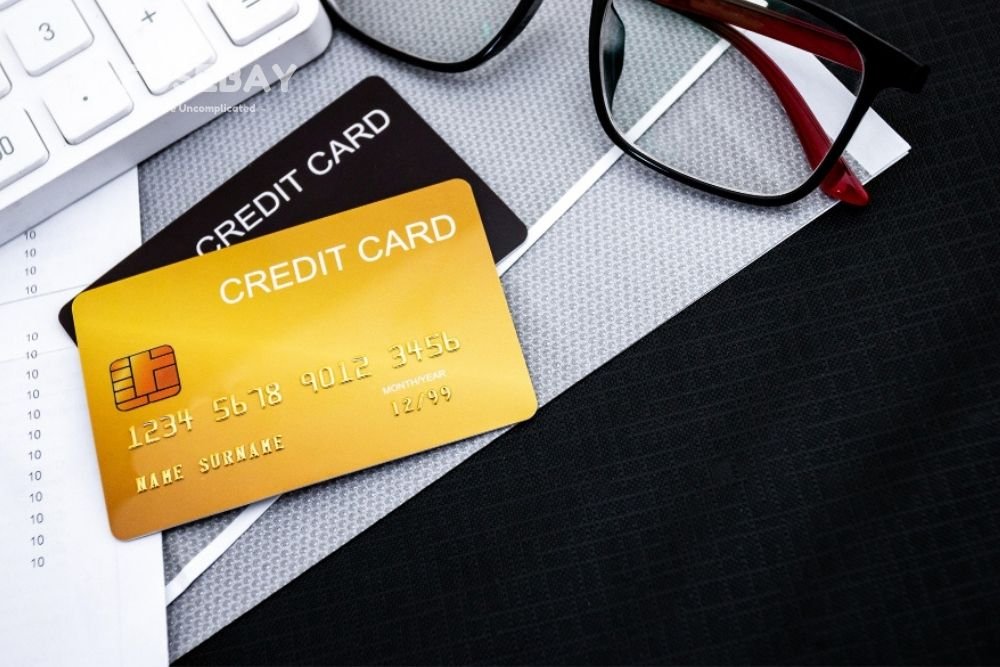Credit and Debit Card:
In today’s fast-paced world, credit and debit card transactions have become an essential part of financial management. These plastic cards have replaced cash in many aspects of daily life, offering convenience, security, and flexibility. Whether used for online shopping, in-store purchases, or ATM withdrawals, both credit and debit cards have revolutionized how people handle money. While they may look similar, their functions, benefits, and drawbacks differ significantly. Understanding these differences is crucial for making informed financial decisions. This article explores the importance of credit and debit card, their advantages, disadvantages, security measures, and the future of cashless transactions.
The Growing Importance of Credit and Debit Cards
The rise of credit and debit card usage has transformed global economies. With the increasing shift towards a cashless society, these cards have become indispensable for consumers and businesses alike. Here are some key reasons why they are essential:
1. Accessibility & Transactions
Carrying a card is much easier than handling cash. With just a swipe, tap, or PIN entry, transactions are completed quickly and securely.
Unlike cash, which can be lost or stolen, credit and debit cards have security features such as PIN protection, encryption, and fraud monitoring.
2. Worldwide Acceptance & Reward Programs
Both credit and debit cards are accepted globally, making them essential for travelers and online shoppers.
Many credit cards offer cashback, reward points, discounts, and travel benefits that make spending more rewarding.
3. Financial Management & Financial Backup
Credit and debit cards provide transaction records, helping users track expenses and budget effectively.
Credit cards can provide financial relief in emergencies when immediate funds are not available.

Understanding the Difference B/W Credit and Debit Cards
Although both cards serve as payment tools, their functionalities differ.
1. How They Work
- Credit Card: Allows users to borrow money from the issuing bank up to a specific limit. The borrowed amount must be repaid by the due date to avoid interest charges.
- Debit Card: Directly linked to the user’s bank account. Transactions deduct money from the available balance immediately.
2. Spending Limit
- Credit Card: Users can spend up to their approved credit limit.
- Debit Card: Spending is limited to the balance in the linked bank account.
3. Interest and Fees
- Credit Card: Charges interest on unpaid balances and may include annual fees.
- Debit Card: No interest charges, but overdraft fees may apply if the account balance goes negative.
4. Impact on Credit Score
- Credit Card: Affects credit score based on timely payments and credit utilization.
- Debit Card: Does not impact credit score since transactions use existing funds.
5. Fraud Protection
- Credit Card: Offers better fraud protection and chargeback options.
- Debit Card: Has limited fraud protection, and lost funds may take longer to recover.

Advantages of Credit Cards
Credit cards offer numerous benefits that make them an attractive choice for many consumers.
1. Reward Programs
Many credit cards offer:
- Cashback: Earn a percentage of spending back as cash.
- Travel Rewards: Points redeemable for flights, hotels, and other travel-related expenses.
- Retail Discounts: Special deals and promotions at partner merchants.
2. Building a Credit Score & Purchase Protection
Using a credit card responsibly improves credit history, making it easier to obtain loans, mortgages, and better financial products.
Many credit cards offer protection against fraud, damaged goods, or extended warranties on purchases.
3. Travel Benefits
Certain credit cards provide:
- Airport Lounge Access
- Free Travel Insurance
- Foreign Transaction Fee Waivers
Advantages of Debit Cards
Debit cards are a great alternative for those who prefer financial discipline.
No Debt Risk: Since spending is limited to available funds, users cannot accumulate debt.
No Interest Charges: Unlike credit cards, debit cards do not charge interest on transactions.
Budget Control: Users can manage expenses effectively as transactions are deducted in real time from their account.
ATM Access: Debit cards allow easy cash withdrawals from ATMs.
No Credit Check Required: Anyone with a bank account can obtain a debit card without requiring a credit history.

Disadvantages of Credit Cards
Despite their benefits, credit cards come with potential downsides.
High-Interest Rates: If balances are not paid in full, interest charges can accumulate quickly, leading to debt.
Risk of Overspending: The easy availability of credit can encourage excessive spending and financial mismanagement.
Annual and Hidden Fees: Some credit cards have high annual fees, late payment penalties, and foreign transaction charges.
Potential Debt Trap: Reckless usage can lead to excessive debt, making repayment difficult.
Disadvantages of Debit Cards
While debit cards offer simplicity, they also have drawbacks.
Limited Fraud Protection: Recovering lost funds from fraudulent transactions may take longer than with credit cards.
No Credit Score Improvement: Debit card usage does not contribute to building a credit history.
Daily Transaction Limits: Some banks impose limits on daily transactions and withdrawals.

Choosing Between a Credit and Debit Card
Selecting between a credit and debit card depends on individual needs and financial goals.
- For Budget Management: Debit cards are ideal for those who want to avoid debt and manage expenses within available funds.
- For Credit Building: Credit cards help establish and improve credit scores.
- For Frequent Travelers: Credit cards offer better travel perks and global acceptance.
- For Emergency Preparedness: Credit cards provide financial backup for urgent situations.
- For Everyday Purchases: Debit cards are best for routine transactions and ATM withdrawals.
Security Tips for Credit and Debit Cards
Protecting credit and debit card information is essential for preventing fraud.
Use Strong PINs and Passwords: Avoid simple PINs like birthdays. Use complex passwords for online banking.
Monitor Transactions Regularly: Check bank statements frequently to detect unauthorized transactions.
Enable Alerts and Notifications: Set up SMS and email alerts for real-time updates on card activity.
Avoid Public Wi-Fi for Transactions: Never enter card details while connected to unsecured networks.
Report Lost or Stolen Cards Immediately: Inform the bank immediately if a card is lost or stolen to prevent misuse.
Future Trends in Credit and Debit Cards
As technology advances, credit and debit card transactions continue to evolve.
Contactless Payments: Tap-and-go technology allows for faster, secure transactions.
Biometric Authentication: Fingerprint and facial recognition security features enhance protection.
Virtual Cards: Temporary digital card numbers add an extra layer of security for online transactions.
Cryptocurrency-Linked Cards: Some financial institutions offer cards linked to cryptocurrency wallets for digital payments.
AI-Based Fraud Detection: Artificial intelligence is improving fraud detection, making transactions safer.

Conclusion
The role of credit and debit card services in financial transactions is undeniable. While credit cards offer rewards, financial flexibility, and credit-building opportunities, they also carry risks of overspending and debt. On the other hand, debit cards help maintain financial discipline by limiting spending to available funds. Choosing the right card depends on personal financial goals, spending habits, and security concerns. With ongoing advancements in digital payment technologies, the future of credit and debit card transactions is set to become even more secure and convenient. Understanding how to use these cards wisely ensures financial stability and smarter money management in the modern world.
Read More: How to Create Multiple Streams of Income and Build Wealth?
FAQs on Credit and Debit Cards
1. What is the main difference between a credit and debit card?
A credit card allows users to borrow money up to a specified limit and repay it later, while a debit card deducts funds directly from the user’s bank account at the time of purchase.
2. Can using a debit card improve my credit score?
No, debit card transactions do not affect your credit score because they do not involve borrowing money or a credit line. Only responsible credit card usage can help build a credit history.
3. What should I do if my credit or debit card is lost or stolen?
Immediately report the lost or stolen card to your bank or card issuer. Most banks allow you to temporarily lock the card via mobile apps until a replacement is issued.
4. Are credit cards safer than debit cards for online purchases?
Yes, credit cards generally offer better fraud protection and chargeback options compared to debit cards. If a fraudulent transaction occurs, a credit card provides more security as the money is not directly deducted from your account.
5. Should I use a credit card or a debit card for everyday purchases?
It depends on your financial habits. If you want to track spending and avoid debt, a debit card is ideal. If you want to earn rewards, build credit, and enjoy additional protections, a credit card is a better choice.







